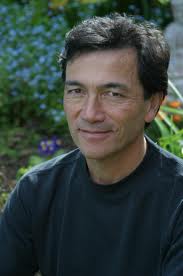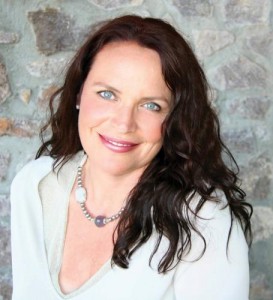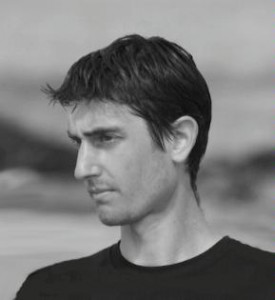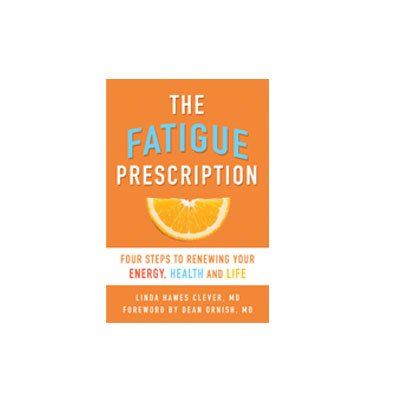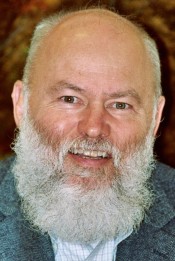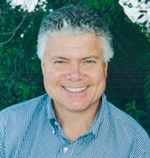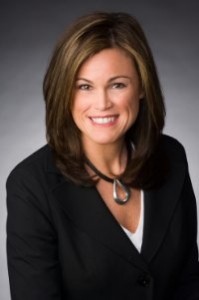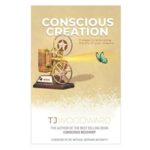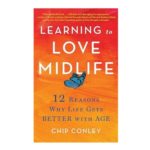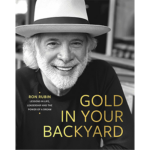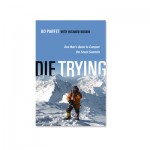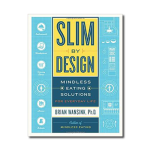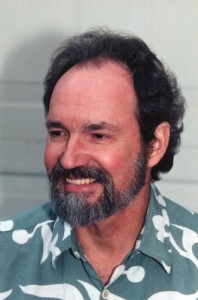 I had the pleasure of interviewing author Hank Wesselman about his new Sound True book entitled ” The Bowl of Light“. I must admit that Hank is a very interesting and well versed author on the aspects of Hawaiian Shamanism. In my interview with Hank we discuss the development and long standing friendship with his Hawaiian mentor Hale Makua. Hale Makua taught Hank over the years a number of spiritual insights that author Wesselman articulates in the “Bowl of Light“.
I had the pleasure of interviewing author Hank Wesselman about his new Sound True book entitled ” The Bowl of Light“. I must admit that Hank is a very interesting and well versed author on the aspects of Hawaiian Shamanism. In my interview with Hank we discuss the development and long standing friendship with his Hawaiian mentor Hale Makua. Hale Makua taught Hank over the years a number of spiritual insights that author Wesselman articulates in the “Bowl of Light“.
Hale Makua was a revered Hawaiian elder who brought forth from his ancestors many beautiful and powerful teaching to inspire and guide Hank to remember his spiritual gifts and provided him with an enhanced way of being. The Bowl of Light is filled with much of the wonderful wisdom that Makua had to share and now through the authors intimate and evocative sharing of his encounters with this great man, these teaching are available to those who did not have the pleasure of meeting Makua. Your heart will be warmed by the loving and supportive relationship that developed between them.
In my interview with author Hank Wesselman we discuss what Hale Makua revealed to him including how we can restore our natural diving radiance, referred to as the Bowl of Light. We also discuss the three directives of the spiritual warrior–love with humility, live with reverence, and know with self-discipline. This is a wonderful story that not only captivates the reader, but provides insightful wisdom on the spiritual teaching and practices of the ancient Hawaiian practices of Shamanism.
I hope you enjoy this wonderful interview with author Hank Wesselman. I you want to learn more Hank has a wonderful website filled with references, blog entries and audio recordings–please click here. I encourage you to visit Hank’s website and learn more about his encounter and long standing friendship with mentor and master spiritual teacher Hale Makua.

